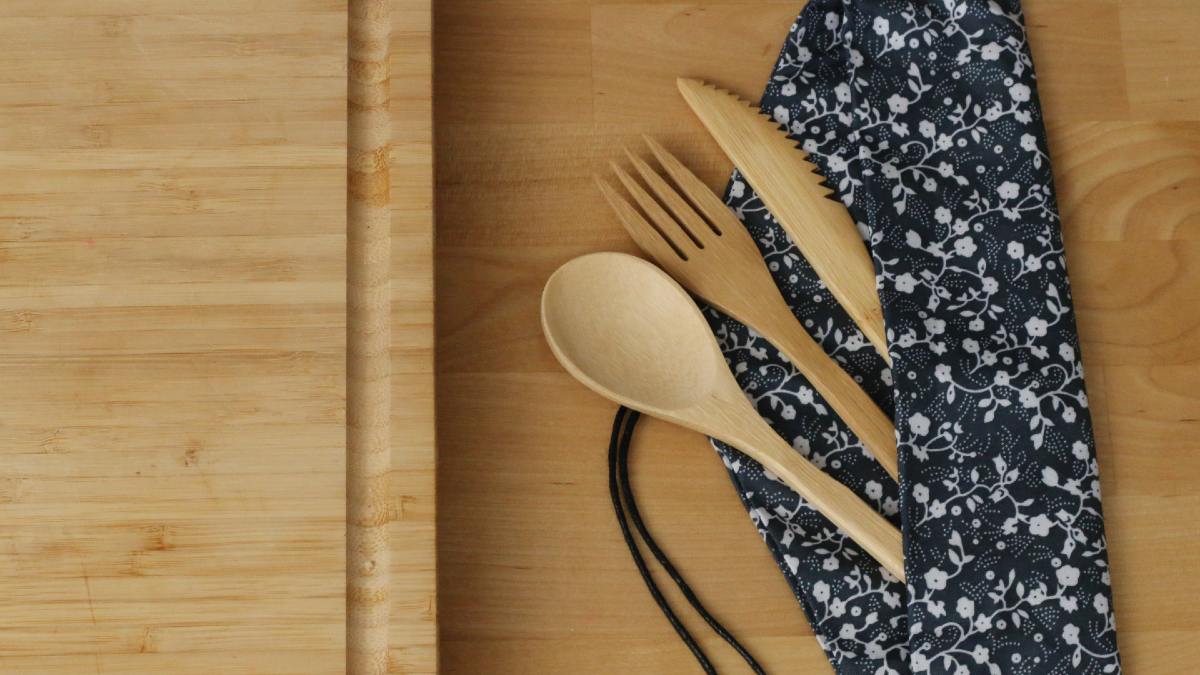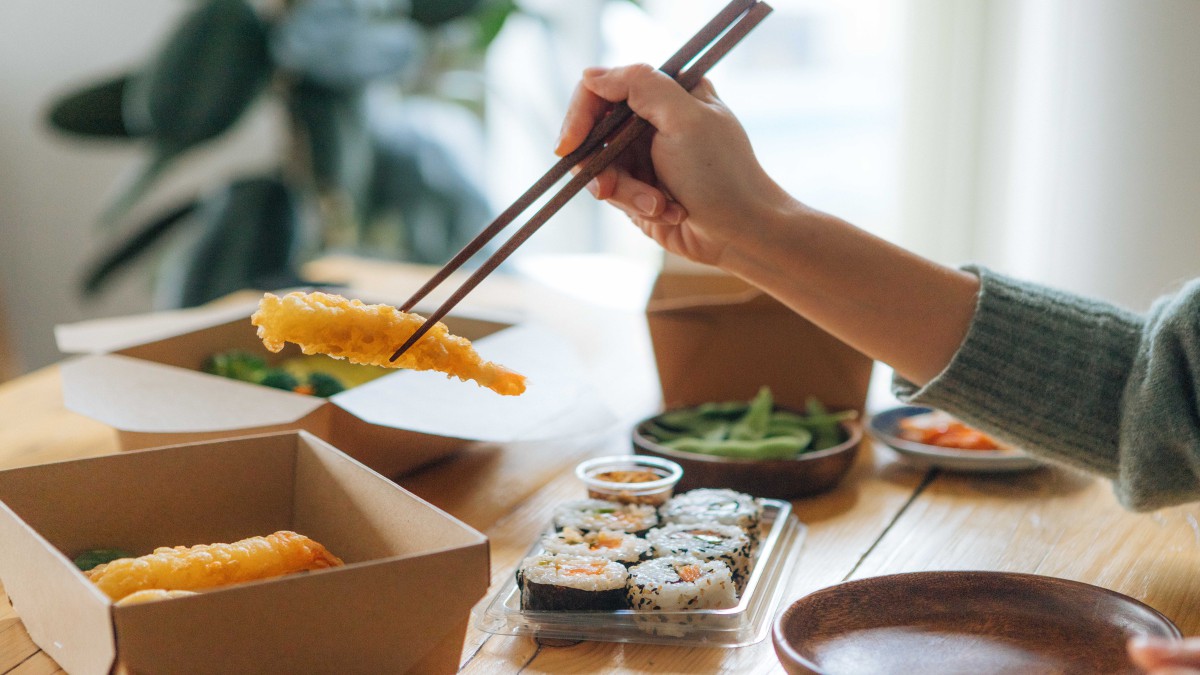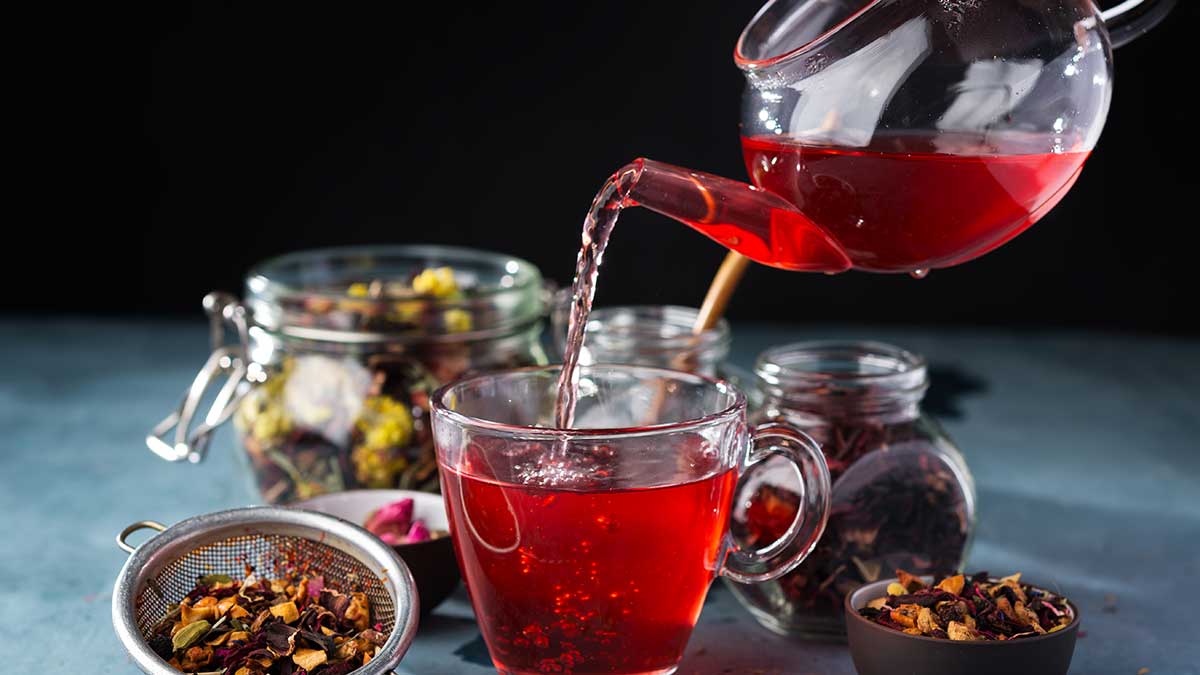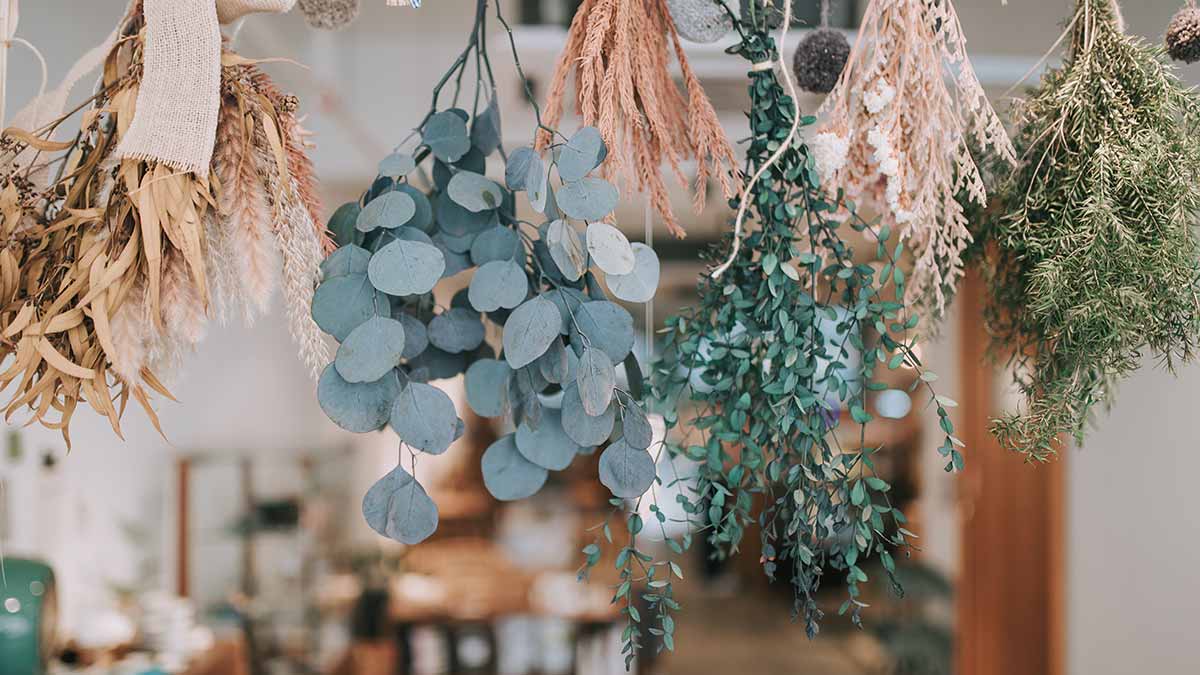Australians have fallen in love with air fryers. Discover how they work, their energy efficiency, what to avoid and which type is best for you.
7 products that aren't as eco-friendly as you think

Although you may have good intentions, and these products might be considered good for the planet... they actually aren't.
While recycling has become ingrained in Australian households, many of us may still get confused when it comes to being eco-friendly. Though we have learned more in recent years about the harm from plastic bags, bottles, and straws, some items can be a little trickier, where we mistakenly end up doing more harm than good for the environment we live in.
According to Sustainability Victoria, over 13.3 per cent of all kerbside recyclables in the last year were contaminated, meaning that while households might have meant well, these items were not fit for recyclable consumption.
Sometimes the answer isn't so black and white. Is it better to buy a plastic Christmas tree that can be used repeatedly over pulling a tree from the ground? Are wooden chopsticks good for the environment? Is my paper coffee cup recyclable?
It turns out that some items we may think are sustainable, long-lasting or recyclable are quite damaging to our planet, and not eco-friendly at all.
Here are seven products that aren’t as environmentally friendly as you might think – and their sustainable alternatives.






